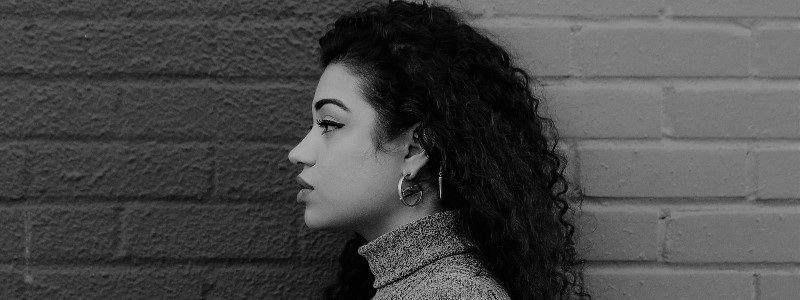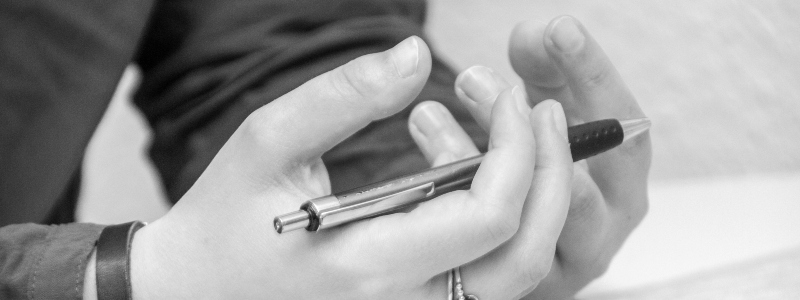In this blog I explore the concept of self care – what it means and how much time you need to consciously devote to active self care per day: it is probably less than you think!
What do I mean by self care?
In basic terms, self care refers to ‘looking after oneself’. Some people really struggle with the basics of this and once external factors such as poverty have been eliminated, good basic self care correlates to good mental health.
People struggling with depression can find it really difficult to undertake tasks such as getting out of bed in the morning or getting themselves to work.
People with anxiety can struggle with focusing, controlling their thoughts and feelings and in holding onto a thinking mind.
And people who are dealing with eating disorders can struggle to eat for healthy reasons using food to suppress difficult feelings (obesity) or retain an illusion of control over the body (anorexia).
And people who struggle with bulimia can struggle to ingest ‘bite size chunks of life’, instead feeling flooded by others and eventually having to vomit it al out.
These are all real and serious mental health problems and psychotherapy is there to work through what set up these coping patterns and to bit-by-bit help people to better manage their emotions.
The 50 minute hour
Most psychotherapy session are of the duration of what we in the trade call ‘a psychotherapy hour’, which is in fact 50 minutes.
Good psychotherapists stick to the hour and do not overrun as this is unhelpful for the client – it demonstrates poor boundaries and a lack of self care on the part of the therapist.
Over time, clients must learn to keep the therapy and their therapist ‘alive’ between sessions; they must learn to bridge the gap from one session to the next. This means internalising their psychotherapist and thereby holding themselves in mind outside of the therapy room in the way their therapist does. This is where the shift happens from dealing with the presenting crisis (depression, anxiety etc.) to more sophisticated methods of self care.
Psychotherapy is not enough, but it is essential
It is not enough to simply attend therapy and then expect miracles to happen- they won’t.
By bridging the gap between sessions, clients hold themselves in mind and can become curious about what else would be helpful to them in living calmer, more fulfilling lives.
At first bad habits may get dropped – staying up late on work nights, drinking a glass of wine or two every evening, eating junk food – and then a shift can occur to an active engagement with good habits.
These are in addition to living a calm and ordinary life and are constitute self care that is aimed at good mental and emotional health (arguably good physical health too).
Examples may include yoga, meditation, dancing, singing, walking, swimming, meeting friends for connected conversation and so on. The list is virtually endless providing whatever you engage in is mindful (you are present with what you are doing) and leads to sustainable and enduring good feelings afterwards.
Can you spare 4% of your day?
Imagine if all it really took was 4% of your day to make an enduring and significant difference to how you felt and felt about yourself? Well, this is arguably a good figure (and achievable figure) to aim for and guess what? It is only one hour of your day!
So, on days when you are not in therapy, how about spending one hour actively self caring by mindfully engaging with an activity (or activities) that makes you feel alive, positive, brings you into you body and sets you up for the day?
Dedicating one hour per day to self care is a good way of bridging the gap between sessions and in devoting the weekly therapy hour to active self care on the other six.
To enquire about psychotherapy sessions with Mark Vahrmeyer, please contact him here, or to view our full clinical team, please click here.
Mark Vahrmeyer, UKCP Registered, BHP Co-founder is an integrative psychotherapist with a wide range of clinical experience from both the public and private sectors. He currently sees both individuals and couples, primarily for ongoing psychotherapy. Mark is available at the Lewes and Brighton & Hove Practices.
Further reading by Mark Vahrmeyer
Why is Netflix’s Squid Game so popular?
Space: The Final Frontier of Manic Defence
Do Psychotherapists Need to Love Their Clients?







